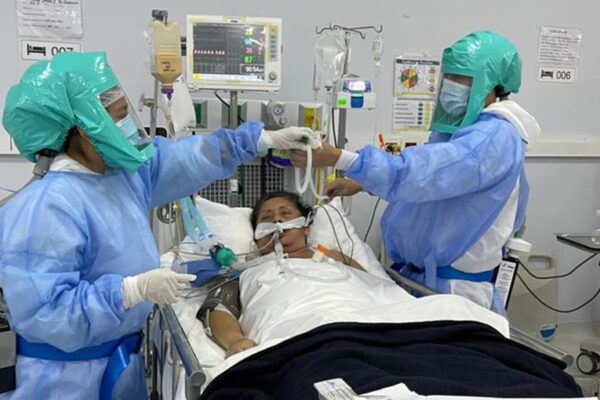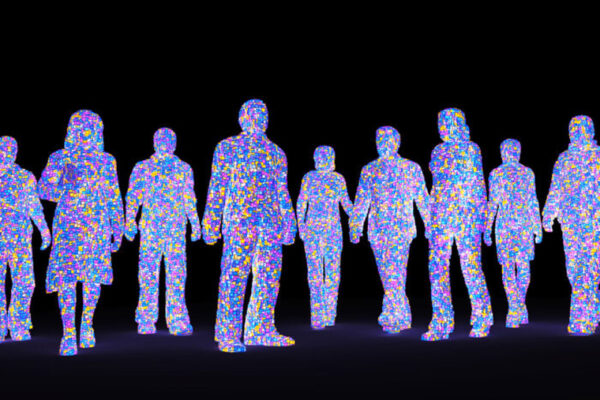Distance from hospital impacts cancer diagnosis, survival in young adults
Adolescents and young adults living in rural versus metropolitan U.S. counties and those living farther from the hospital where they were diagnosed generally have worse outcomes than those living in metropolitan counties and closer to the reporting hospital, finds a new study from the Brown School.
Pandemic increased screen time, decreased physical activity in children
The stay-at-home orders during the peak of the COVID-19 pandemic in 2020 led to a decrease in children’s physical activity and in increase in screen time, finds two new studies from the Brown School.
COVID-19 aggravates antibiotic misuse in India
Antibiotic sales soared during India’s first surge of COVID-19, suggesting that the drugs were inappropriately used to treat mild and moderate COVID-19 infections, according to research led by the School of Medicine. Such overuse increases the risk for drug-resistant infections worldwide.
Evidence-based public health instruction shows tangible results
A recent evaluation by a team of researchers at the Brown School and other universities found that training in evidence-based public health practices improves practitioner skill levels.
The COVID-19 vaccines are a scientific breakthrough. But are they enough?
COVID-19 vaccines rolled out on an unprecedented timetable, but the world is still at risk.
Saving front-line workers
In the early days of the pandemic, personal protective equipment was in short supply in the U.S., and its availability continues to be a problem globally, leaving health-care workers and their communities exposed. Jennifer DeLaney, MD ’97, has been on a remarkable journey leading a local effort to help.
School-based COVID-19 testing initiative focuses on vulnerable populations
Researchers at Washington University School of Medicine have received $8 million from the National Institutes of Health (NIH) for two school-based projects — one in St. Louis County and the other in Maryland — aimed at safely returning students and staff to in-person school.
Global travelers pick up numerous genes that promote microbial resistance
New School of Medicine research shows that international travelers often return home with new bacterial strains jostling for position within the gut microbiome. Such travel is contributing to the rapid global increase and spread of antimicrobial resistance.
Synthetic data mimics real health-care data without patient-privacy concerns
Washington University investigators now have access to a new research tool that allows them to conduct clinical studies using synthetic patient data. Synthetic data produced by the new tool, called MDClone, accurately mimics real patient data without the privacy concerns.
Without requiring vaccines, filled stadiums are unsafe
“If vaccines or negative COVID-19 tests are required for attendees, 100% attendance is safe,” says the Washington University in St. Louis mathematician who helped derive the model used for fan-attendance risk analysis across many of America’s sports venues. “Without requiring vaccinations or testing, it’s not.”
Older Stories









